Before you start work at a new school, whether as a placement while you train, or as your first school as a Newly Qualified Teacher, ensure you have the answers to these questions.
You may wish to note the answers here for reference. Your school mentor and (if you are in training) your ITT provider have a responsibility to cover this vital and fastmoving area of safeguarding (online safety = safeguarding) but it is in your interest to show an active interest and ask lots of questions.
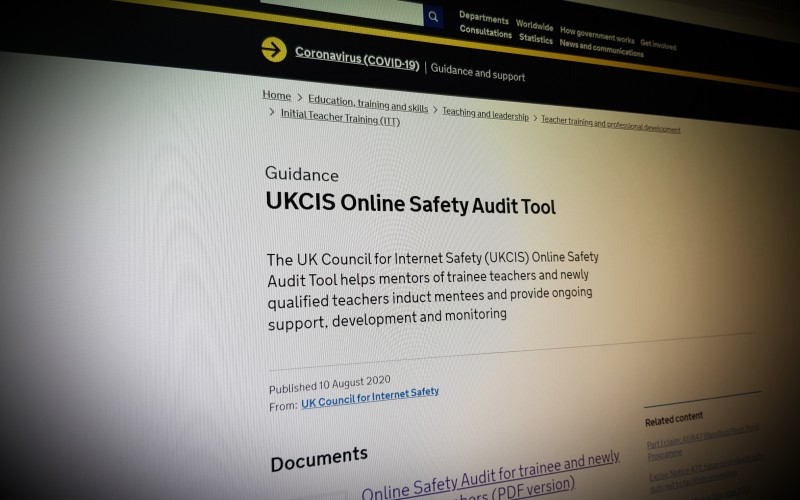
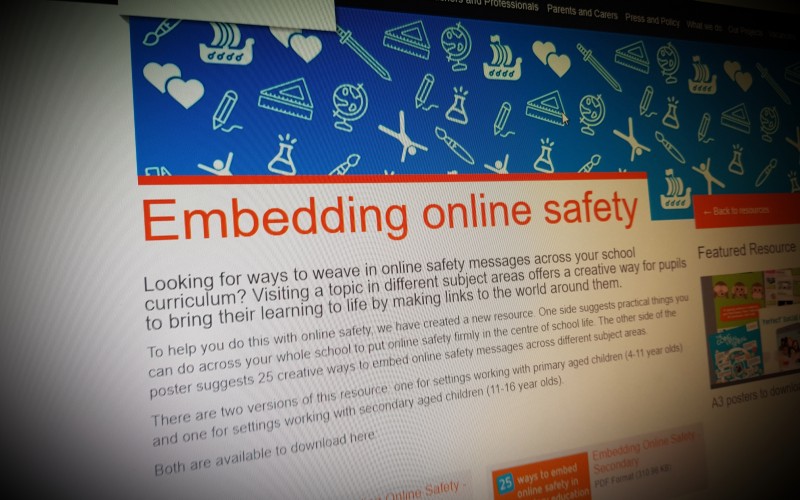
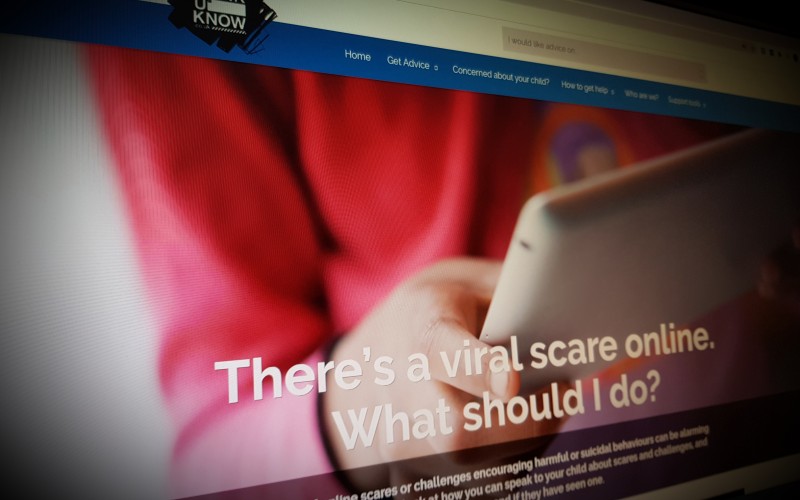
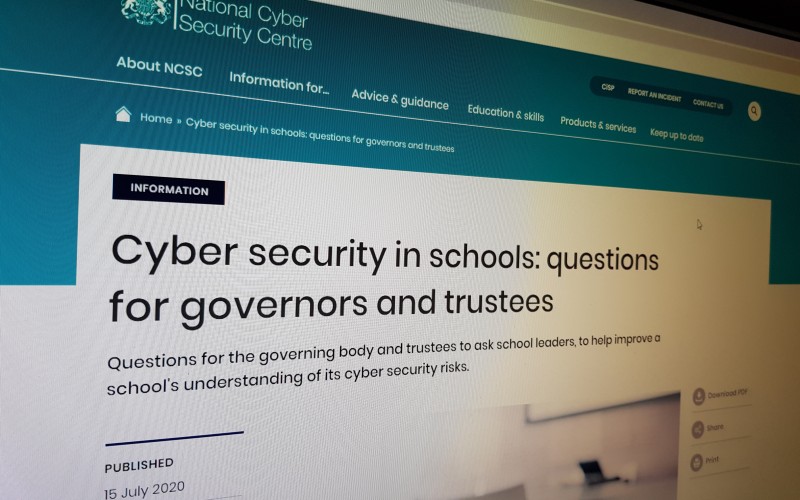
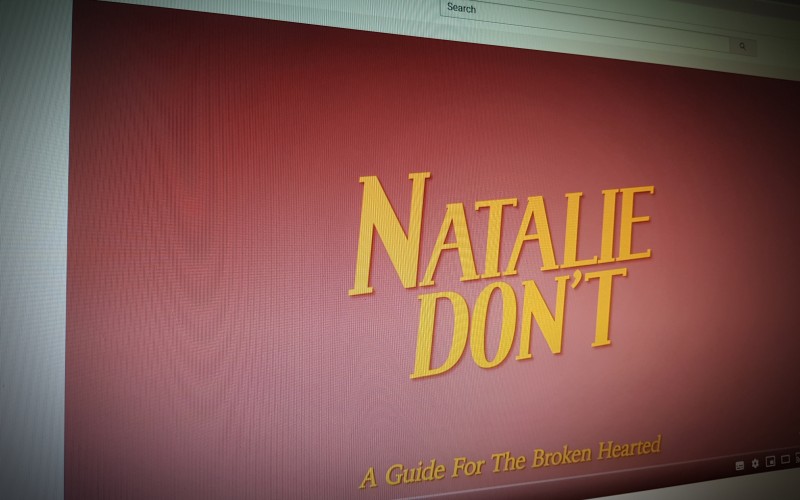
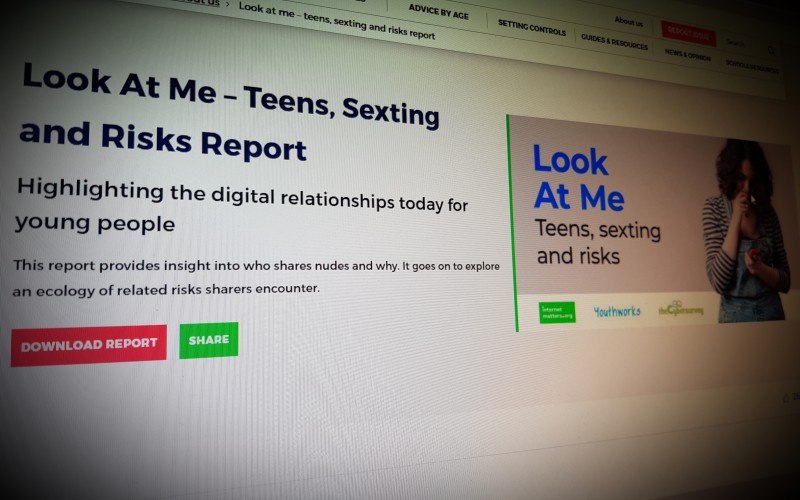
Comments
make a comment